GPs roll out Pfizer vaccine to over 40s
Millennials and Gen-Xers are now able to receive the vaccine from their GP under the latest advancement to the federal government’s vaccine rollout.
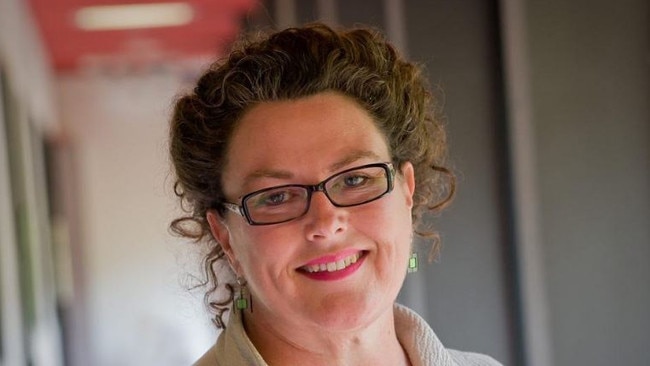
Australia’s peak medical associations have welcomed the federal government’s move to begin vaccinating those aged 40 to 59 with Pfizer at general practices.
On Sunday deputy chief medical officer Michael Kidd announced that 500 general practices, about 40 per cent of which are rural, including indigenous communities, would begin the rollout from Monday.
“During this month, another 800 general practices will come online with the Pfizer vaccine as well as the AstraZeneca vaccine,” Professor Kidd said
It’s a move that would save patients who might be advised against receiving the AstraZeneca vaccine a second trip, Deakin University chair of epidemiology Catherine Bennett said.
“It means this 40 to 59 age group now have a choice of vaccine. Those who were interested in AstraZeneca had to speak to a GP anyway, and now they don’t have to come back later if Pfizer is the right choice,” she said.
GPs are well placed to deliver Covid-19 vaccines and have been preparing for the latest rollout for about a month, Victorian chair of the Royal Australian College of General Practitioners Anita Munoz said.
“The capacity for general practice to come into it will depend on the supply of the vaccine so it’s absolutely imperative that the supplies are regular and predictable and flow at a steady pace,” Dr Munoz said.
“But if we cast our minds back to last year, general practice delivered six million influenza doses in six weeks so there’s absolutely no doubt of the enormous capacity of general practice as an entity to vaccinate very rapidly and very effectively.”
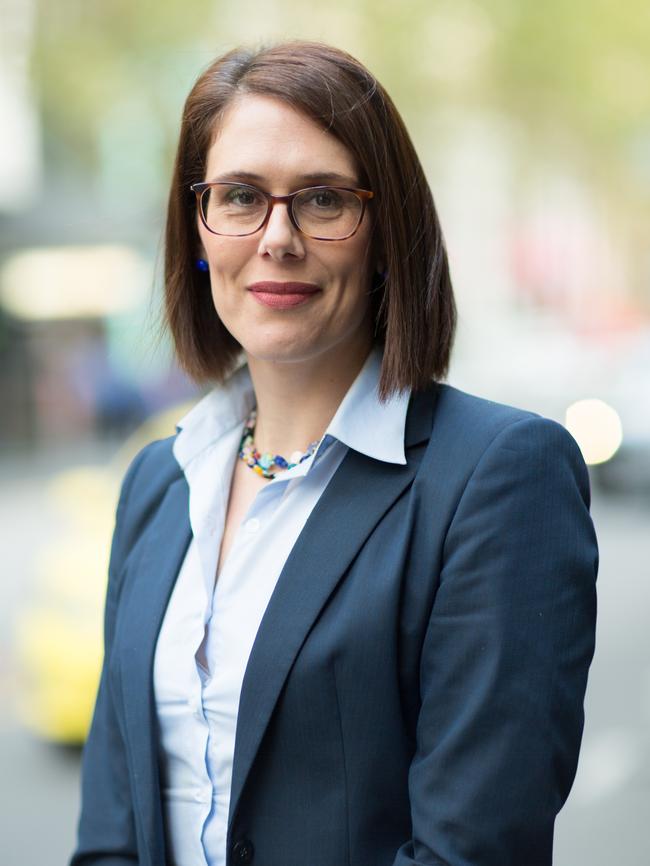
Australian Medical Association vice-president Chris Moy said the move was “an important first step”.
“It is a huge logistical exercise to try and phase this in,” he said. “The AMA’s position is that all practices that are registered for the national immunisation program should be able to provide Pfizer by the end of the year.”
It was important people understood there were no changes to vaccine eligibility, Dr Moy said.
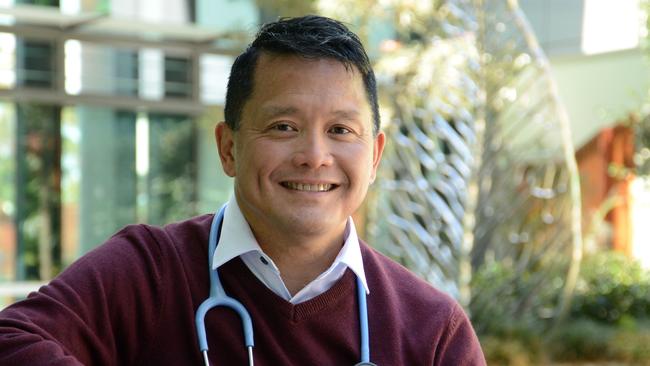
“The important thing is that there’s clear communication, there is no discretion for these clinics to go outside the groups that are approved, which is 40 to 59,” he said. “People over the age of 60 cannot come in to get Pfizer and there’s no opportunity for those who have received a dose of AstraZeneca to get Pfizer.”


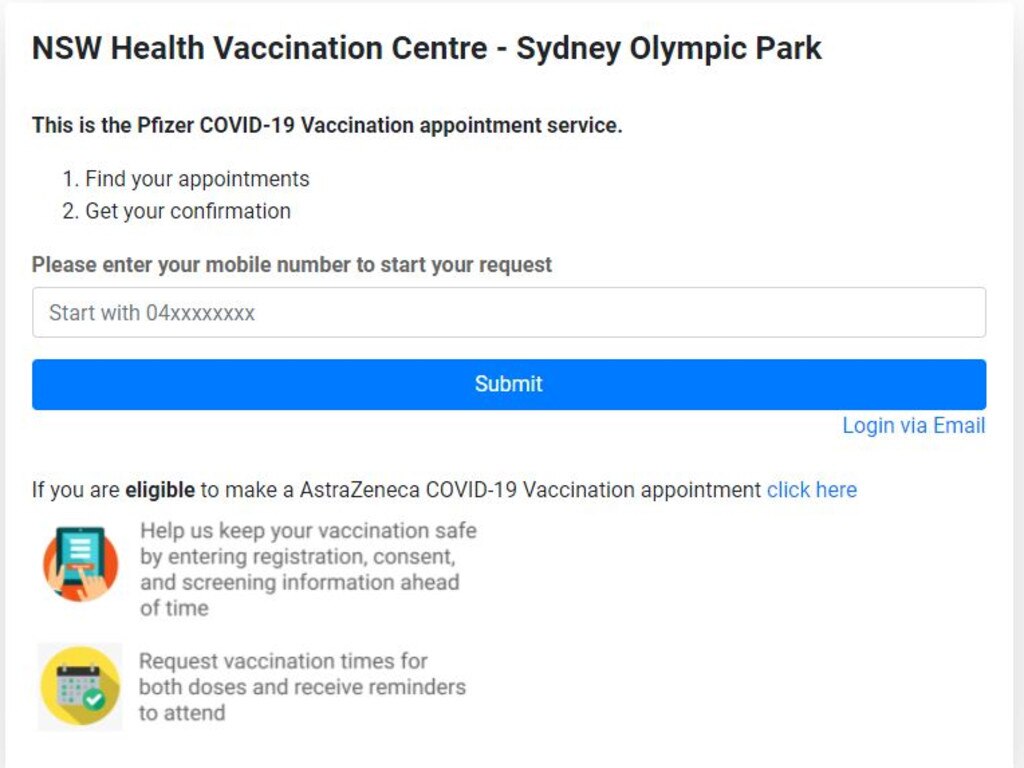
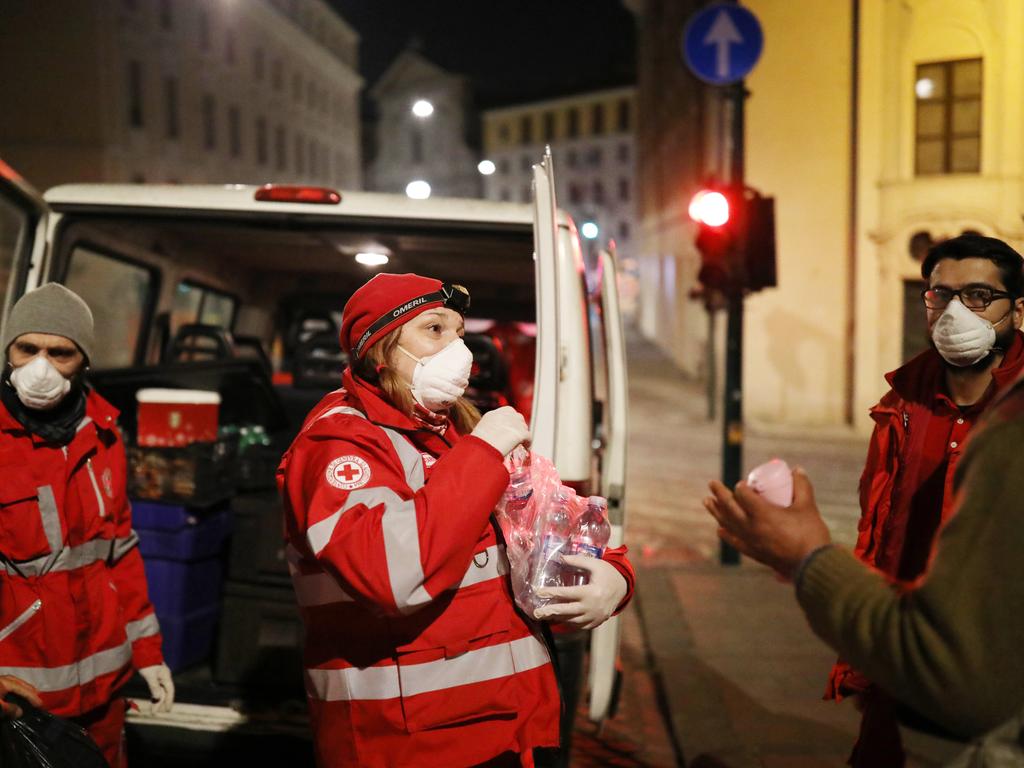


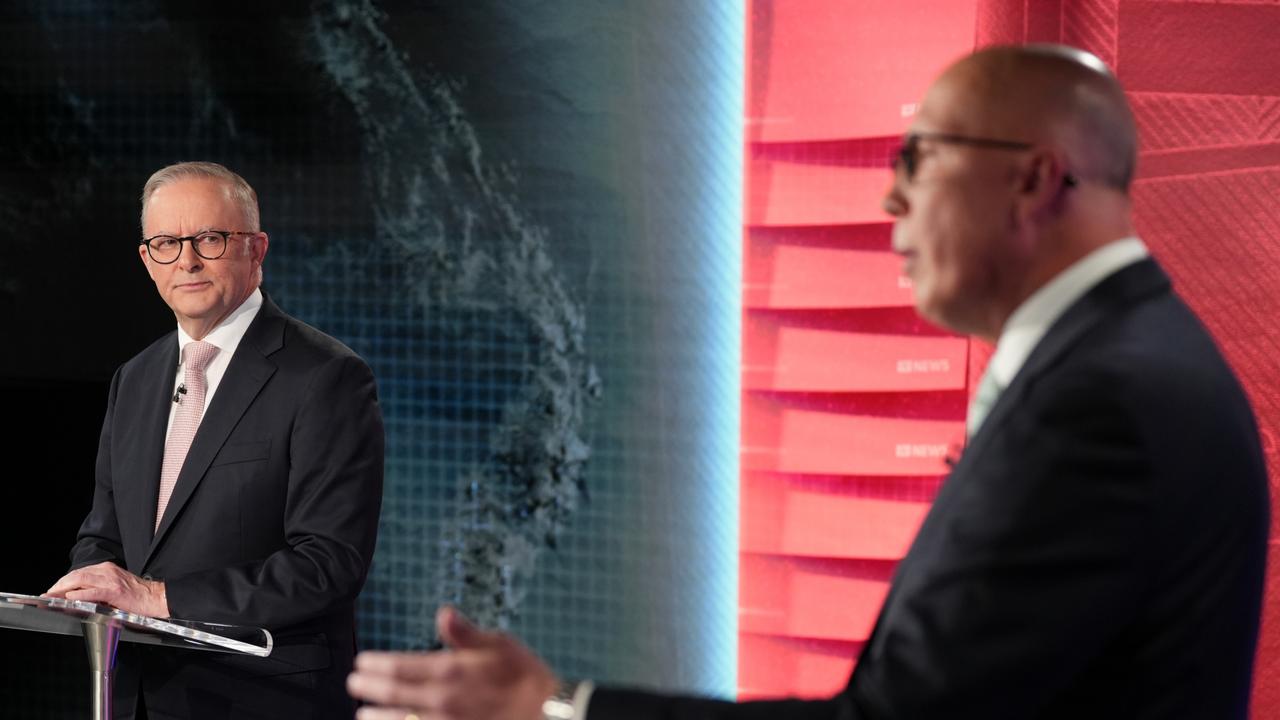
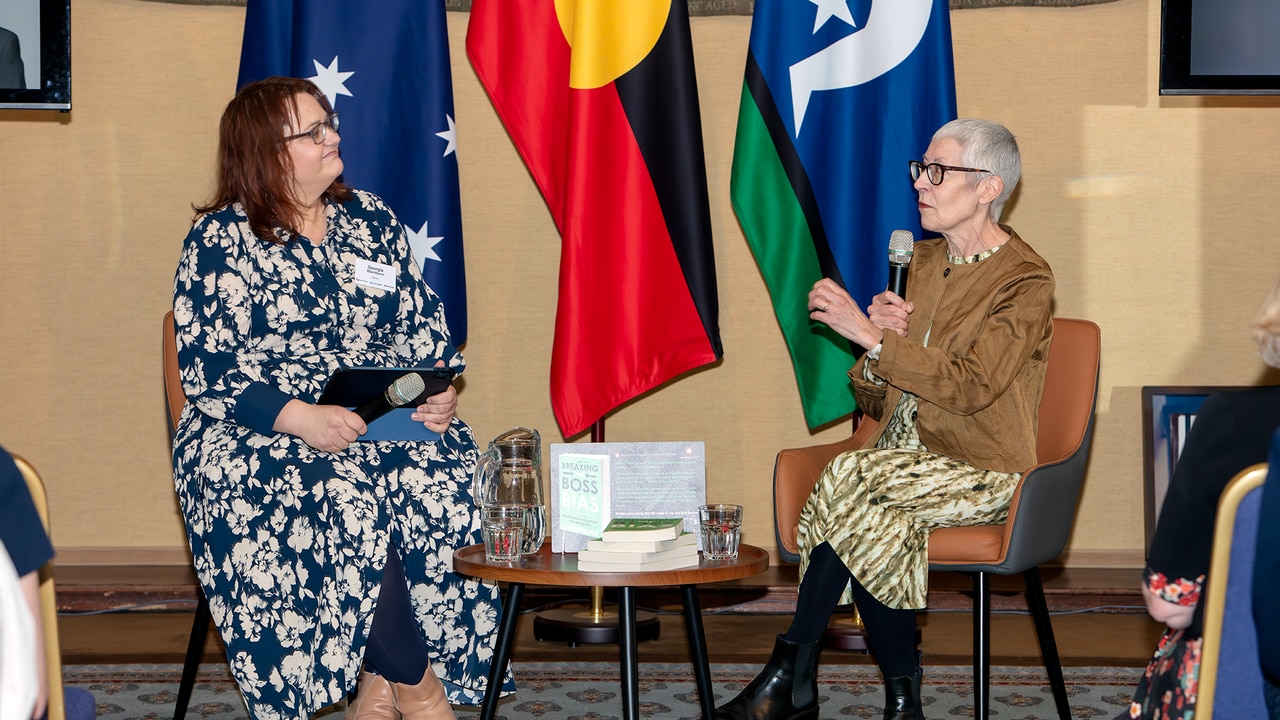
To join the conversation, please log in. Don't have an account? Register
Join the conversation, you are commenting as Logout